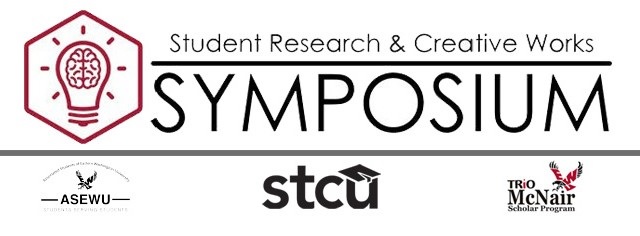Faculty Mentor
Krisztian Magori
Document Type
Poster
Publication Date
Spring 2020
Department
Biology
Abstract
In the animal kingdom, the largest biodiversity is found in arthropods. Specific species include, crabs, ticks, and spiders. Interestingly, ticks are a species responsible for transmitting at least 14 known pathogens in the United States, as well as newly emerging tick-borne diseases. It is notable that the tick species found in Washington state do not carry as many diseases as ticks of other states, however, the likelihood of disease is still relevant. Protective clothing, repellents, and staying out of tick-prone areas are the best preventative measures to becoming indisposed. Furthermore, studying which repellents are most effective allows individuals to prevent numerous health issues from arising and diseases from spreading. The objective of this study is to test which name brand repellents are most effective in reducing tick-borne illnesses and detouring ticks from individuals' bodies. The chosen repellents for use contain the known deterrents DEET, oil of lemon eucalyptus, and picaridin. Replication and performance of procedures will be conducted individually by each researcher based on the current COVID-19 social distancing outlines. Each researcher will collect 20 ticks using their tick collection kits. Then, the collecting cloth from the kit will be cut into four identical squares and treated with a specific repellent or the control (tap water). After applied treatment and time to dry, a tick will be placed on the cloth and their reaction will be recorded. More specifically, evidence suggests that the repellent containing DEET will be the most effective at repelling ticks.
Recommended Citation
Bunakov, Katherine; Carlson, Caleigh; Denully, Marianna; Keenan, Kyle; Gourley, Doug; and Rupley, Jordan, "Testing Tick Repellent Effectiveness" (2020). 2020 Symposium Posters. 60.
https://dc.ewu.edu/srcw_2020_posters/60
Creative Commons License

This work is licensed under a Creative Commons Attribution-NonCommercial-No Derivative Works 4.0 International License.


